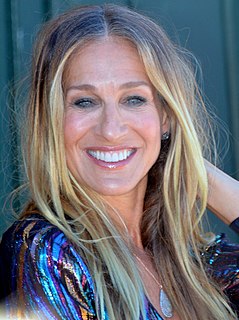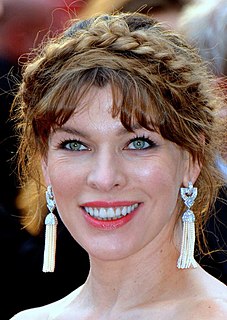A Quote by Robert Christgau
You know, criticism began as the province of amateurs, of wealthy men who liked the arts.
Related Quotes
Criticism is infested with the cant of materialism, which assumes that manual skill and activity is the first merit of all men, and disparages such as say and do not, overlooking the fact, that some men, namely, poets, are natural sayers, sent into the world to the end of expression, and confounds them with those whose province is action, but who quit to imitate the sayers.
Turning pro is a mindset. If we are struggling with fear, self-sabotage, procrastination, self-doubt, etc., the problem is, we’re thinking like amateurs. Amateurs don’t show up. Amateurs crap out. Amateurs let adversity defeat them. The pro thinks differently. He shows up, he does his work, he keeps on truckin’, no matter what.
Turning pro is a mindset. If we are struggling with fear, self-sabotage, procrastination, self-doubt, etc., the problem is, we're thinking like amateurs. Amateurs don't show up. Amateurs crap out. Amateurs let adversity defeat them. The pro thinks differently. He shows up, he does his work, he keeps on truckin', no matter what.
Poetry is one of the ancient arts, and it began, as did all the fine arts, within the original wilderness of the earth. Also, it began through the process of seeing, and feeling, and hearing, and smelling, and touching, and then remembering--I mean remembering in words--what these perceptual experiences were like, while trying to describe the endless invisible fears and desires of our inner lives.
Virgil Thomson, the great classical music critic, who was also a composer, but said that criticism was the only antidote he knew to pay publicity. Critics at their best are independent voices people take seriously their responsibility to see as many things as they can see, put them in the widest possible perspective, educate their readers, I really do think of myself as a teacher. Newspapers that don't carry arts criticism at all while not fulfill this function. And probably their arts journalism will be deprived as a result.
The arts were a big part of my childhood. We went to the theatre and opera a lot as a family. We were not at all wealthy, but it was at a time when the arts were publicly funded and there were free tickets available. For someone like myself who wasn't that academically inclined, it was a great escape.






























